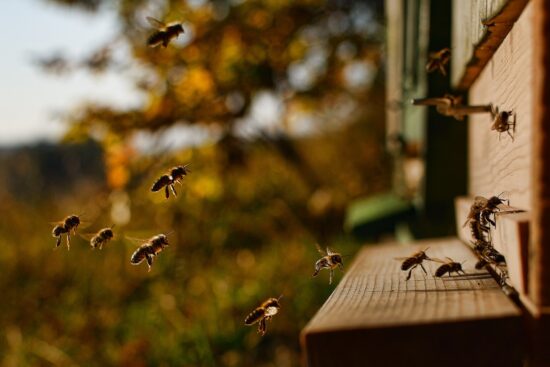Patrolling honey bees expose spread of antimicrobial resistance
Bees could become biomonitors, checking their neighborhoods to determine how far antimicrobial resistance (AMR) has spread, according to research by Macquarie University scientists.
The study, published in Environmental Science and Technology, recruited honey bees, which can be a “crowdsourced” environmental proxy as they interact with contaminants in soil, dust, air, water and pollen while they forage.
“Bees interact with human environments, so they are a really good indicator of pollution that may present of risk of harm to humans,” says first author Kara Fry, an Adjunct Research Fellow at Macquarie University’s School of Natural Sciences and also Senior Research and Development Officer at the Environment Protection Authority Victoria (EPA).
AMR NEWS
Your Biweekly Source for Global AMR Insights!
Stay informed with the essential newsletter that brings together all the latest One Health news on antimicrobial resistance. Delivered straight to your inbox every two weeks, AMR NEWS provides a curated selection of international insights, key publications, and the latest updates in the fight against AMR.
Don’t miss out on staying ahead in the global AMR movement—subscribe now!







